Malaria pills? Antibiotics? Hepatitis A shot?
Check. Check. And check.
On the Roelofs family’s pre-vacation checklist, disease prevention sat right alongside passports and flight reservations.
Heading to Zambia for a 12-day visit, Arika and Drew Roelofs looked forward to visiting friends and traveling in the southern Africa country.
But they also wanted to do all they could to keep their five children healthy, so a few weeks before they left, they visited the Travel Medicine Clinic at Spectrum Health Helen DeVos Children’s Hospital.
“Are you guys ready for your big trip?” asked Rosemary Olivero, MD, the section chief for pediatric infectious disease, as she walked into the exam room.
Clustered together on a couch sat the children―Lauren, 12, Claire, 10, Will, 8, and the 6-year-old twins, Faith and Michael.
“Yes!” The kids nodded their heads enthusiastically.
Their visit to Zambia would be a homecoming of sorts. The West Michigan family lived in the village of Nyangwena for two years, from 2012 to 2014.
Drew, who works in finance, and Arika, a nurse, helped launch The Esther School, which serves orphans and other children without access to school. They adopted their two youngest children when they lived there.
As seasoned travelers, they welcomed the chance to go over their plans with a pediatric infectious disease expert.
“For us, meeting with someone prior to our trip to ensure that we are as prepared as we can be medically is very helpful,” Arika said. “We want to ensure our kids are protected, that we have the appropriate dosing of medications, and that we are adequately prepared for any medical issues we may face.”
Vaccines for the road
The Travel Medicine Clinic launched in January to help families like the Roelofs, who travel outside of mainstream destinations. Some plan vacations off the beaten path. Some live as missionaries or volunteer for a week on a community or church trip.
Dr. Olivero, who has specialized training in travel medicine, enjoys helping families prepare for their trips.
“I have a passion for travel medicine,” she said. “I love global health.”
She advises families to consult a travel medicine specialist whenever they plan international travel outside of resort-type areas or westernized European countries. Appointments should be made at least a month in advance.
“When you go to an area that’s not a resort or not in Western Europe, you are much more likely to encounter foodborne illnesses and unsafe water supplies,” Dr. Olivero said. “You may travel to areas with vaccine-preventable illnesses and malaria, all of which can be really serious.”
During a pre-travel visit, she goes over the itinerary in detail―the destinations, mode of transportation and accommodations. She reviews key medical history, looking for issues or chronic illness that could affect a child’s health on the trip.
Some underlying medical problems may make certain vaccines, malaria medications and traveler’s diarrhea treatments unsafe, and it’s important to select these carefully, she said.
Other challenges arise for young people with adventurous travel plans―such as scuba diving, high-altitude treks and visits to extremely remote places where medical care may not be available.
“Preparing for this type of trip takes a lot of preparation and thought about how to stay safe and treat possible illnesses,” Dr. Olivero said.
Because of their training in infectious disease, travel medicine specialists can provide a comprehensive overview of the infections and risks a trip may entail.
“And if someone comes back with a mysterious fever, we have the expertise to help manage those issues,” she said.
Arika said she values keeping that connection with a doctor back home.
“If any needs or questions arise, we have access to someone who has seen our family and is aware of our unique situation,” she said.
Don’t pet wild dogs
During the Roelofs’ visit, Dr. Olivero talked to the kids about ways to avoid illness.
“Only drink water that mom and dad say is OK,” Dr. Olivero told them. “Even if somebody means well and says, ‘You’re looking a little hot, here’s some water,’ make sure to ask mom and dad first. They need to know where the water came from. If it’s water they trust, then it’s OK.”
She also advised that food cooked at high heat is generally safe. But she told the children to only eat fruits that can be peeled.
A bout of traveler’s diarrhea usually will be short-lived, she said. But in case the symptoms become severe or cause dehydration, she gave the family prescriptions for antibiotics.
Dr. Olivero also cautioned the children to be careful around animals. If they pet the farm animals owned by the school, they should wash their hands afterward. Wild dogs should be off-limits, because of the danger of rabies.
“Even if they are super cute, I want you to stay away from them,” she said.
She also discussed mosquito repellents and ways to prevent motion sickness. And she made sure everyone had flu shots.
“The most common infection anyone gets traveling is the flu,” she said.
She provided the family with prescriptions for anti-malarial medication and typhoid vaccine pills to take before the trip.
All the kids were up-to-date on immunizations, except for Michael, who had to get a hepatitis A shot. He clung to his mom, teary-eyed, as he got the injection, and his siblings gathered around to comfort him.
For the Roelofs, the benefits of family overseas travel outweigh the challenges. In addition to mission work in Zambia, the family has volunteered in Honduras.
“We feel it helps our kids to individually develop an appreciation for other cultures, as well as it allows them to see how they personally can impact other people’s lives in a positive way,” Arika said.
Adjusting to another culture―trying new foods and speaking new languages―fosters a willingness to try new things in general.
“We have also found that the relationships developed with those we serve alongside or who have supported us through our church and beyond are lifelong relationships that we will always cherish,” she said.
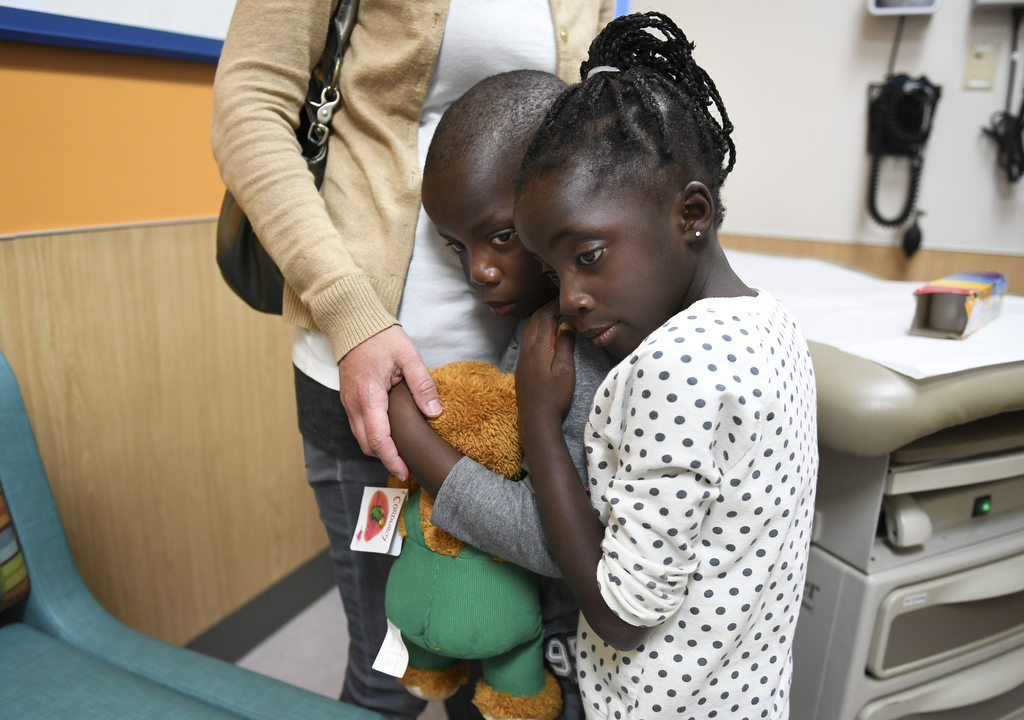
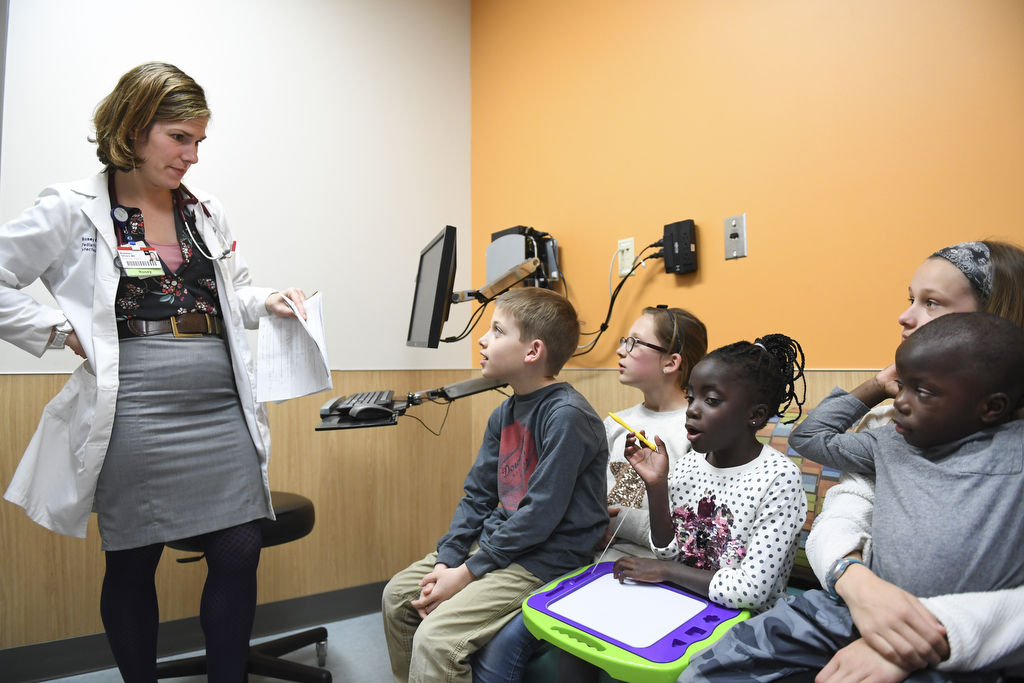
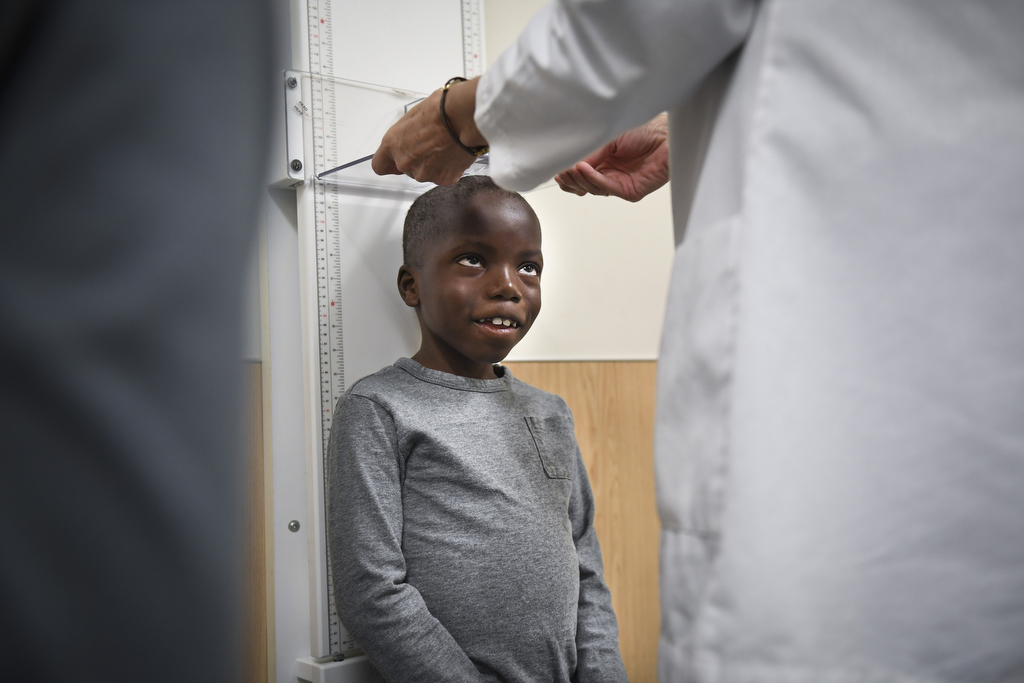
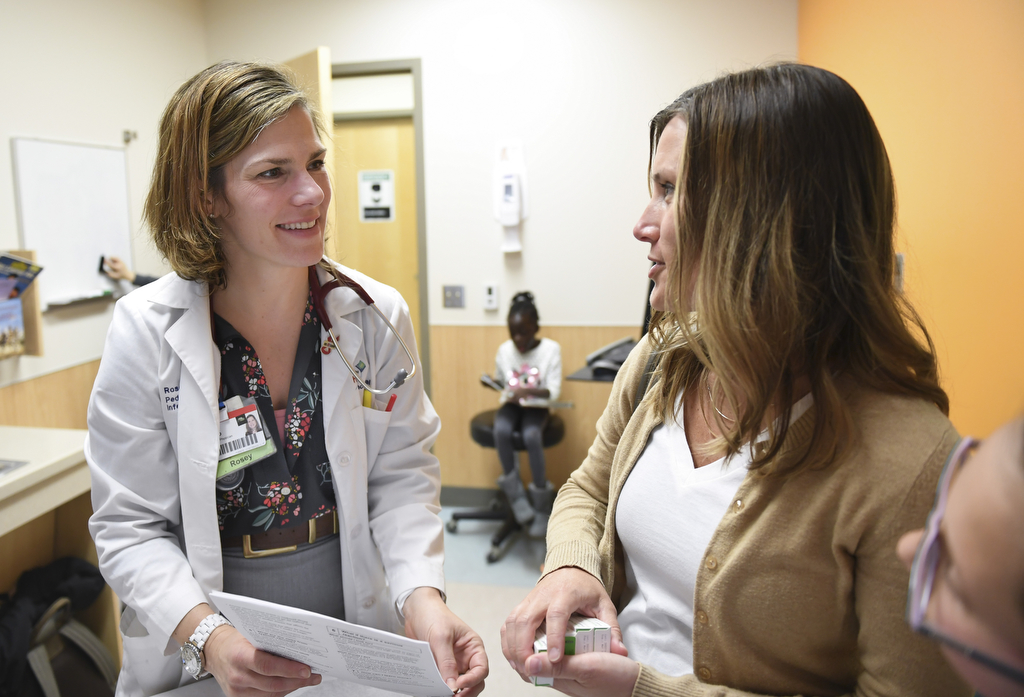
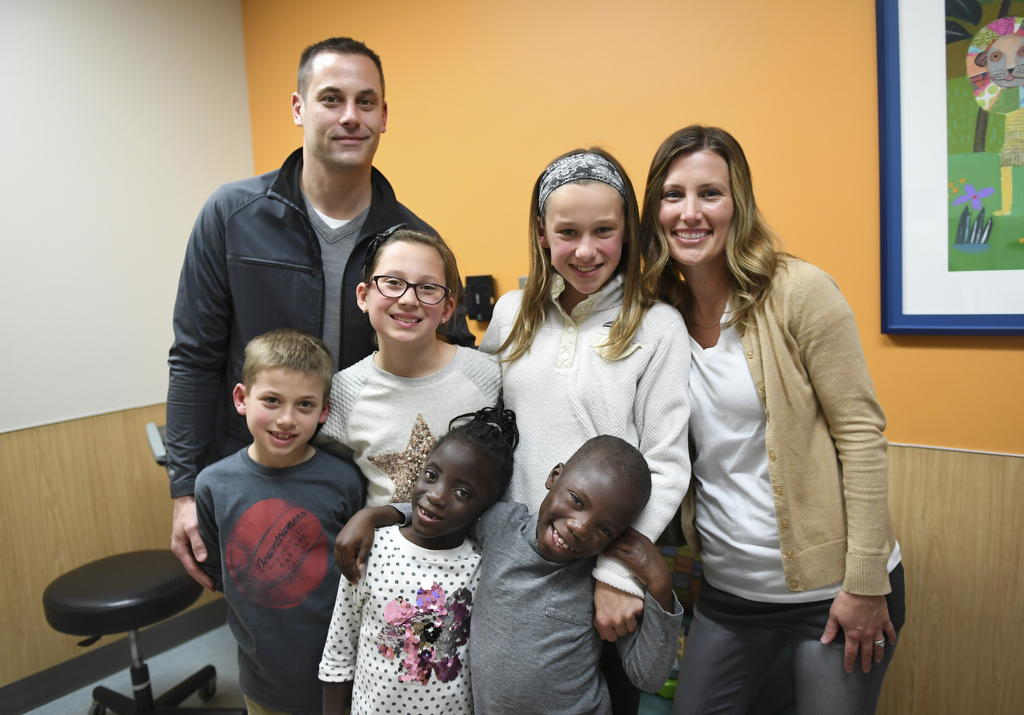
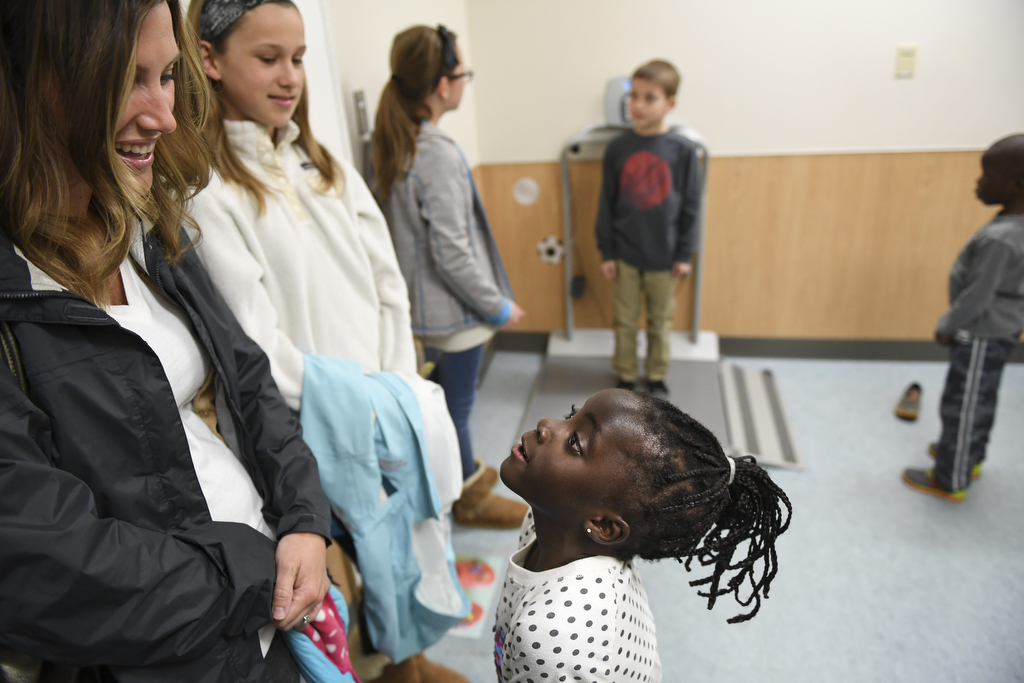
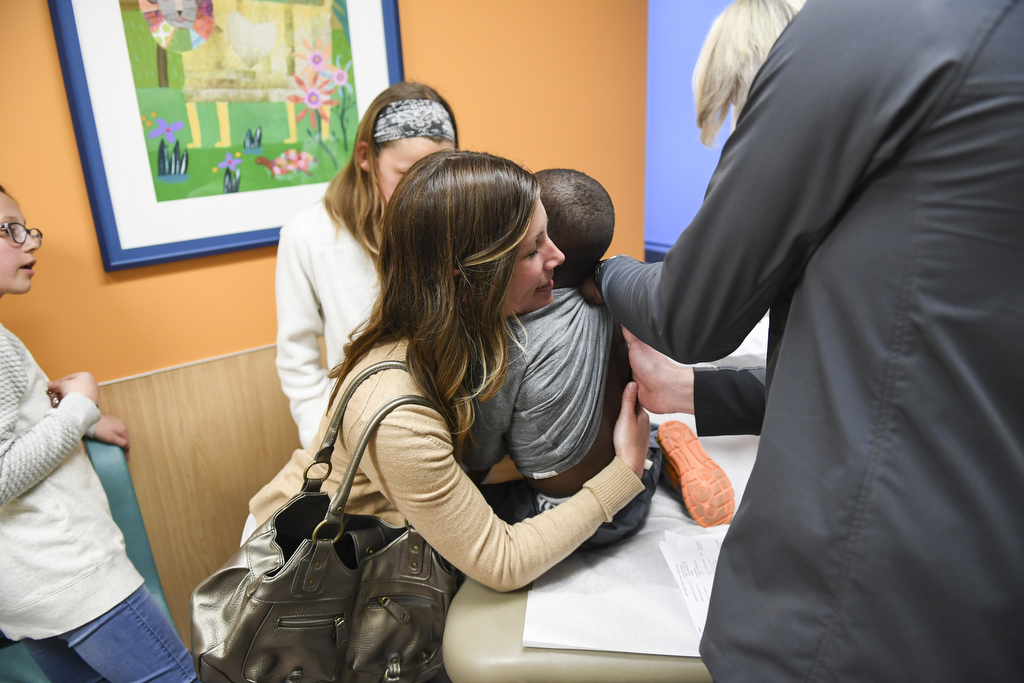
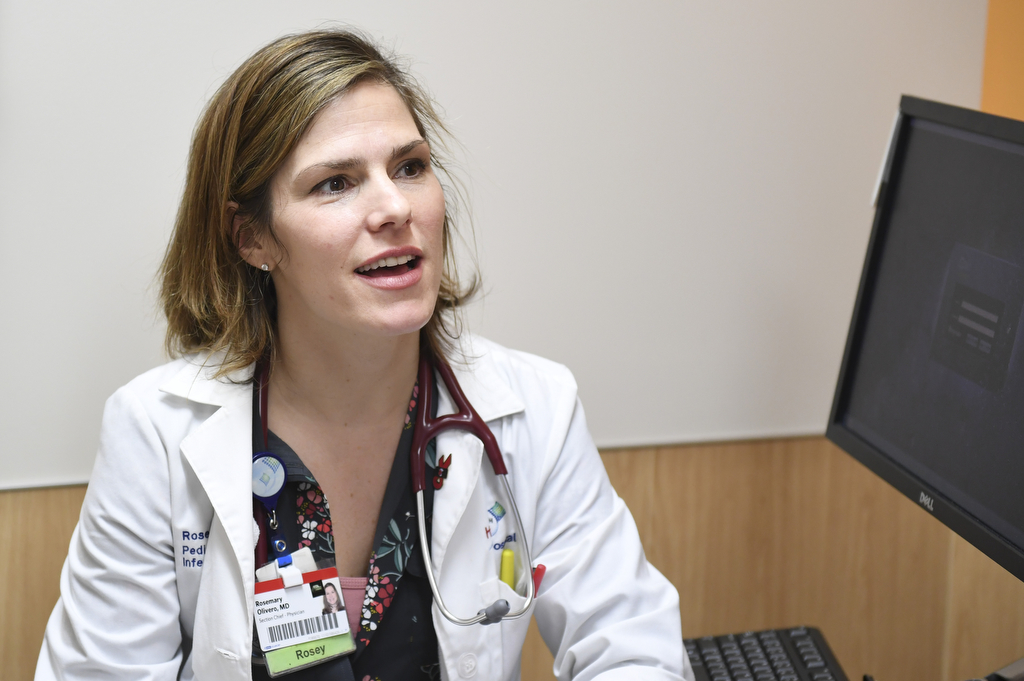
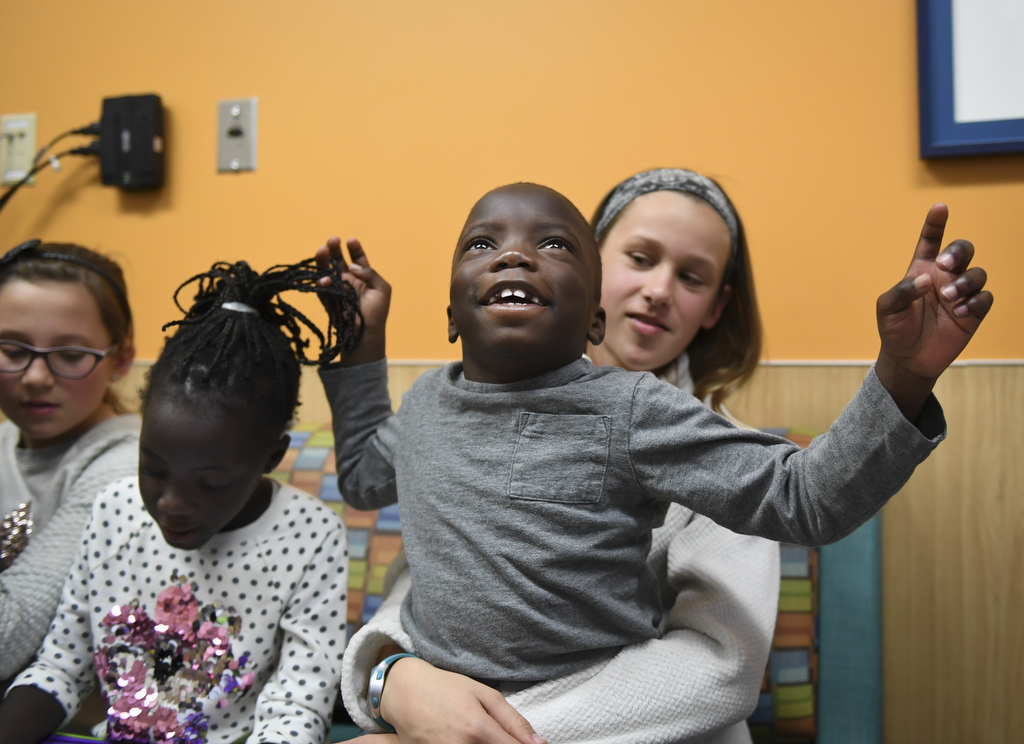
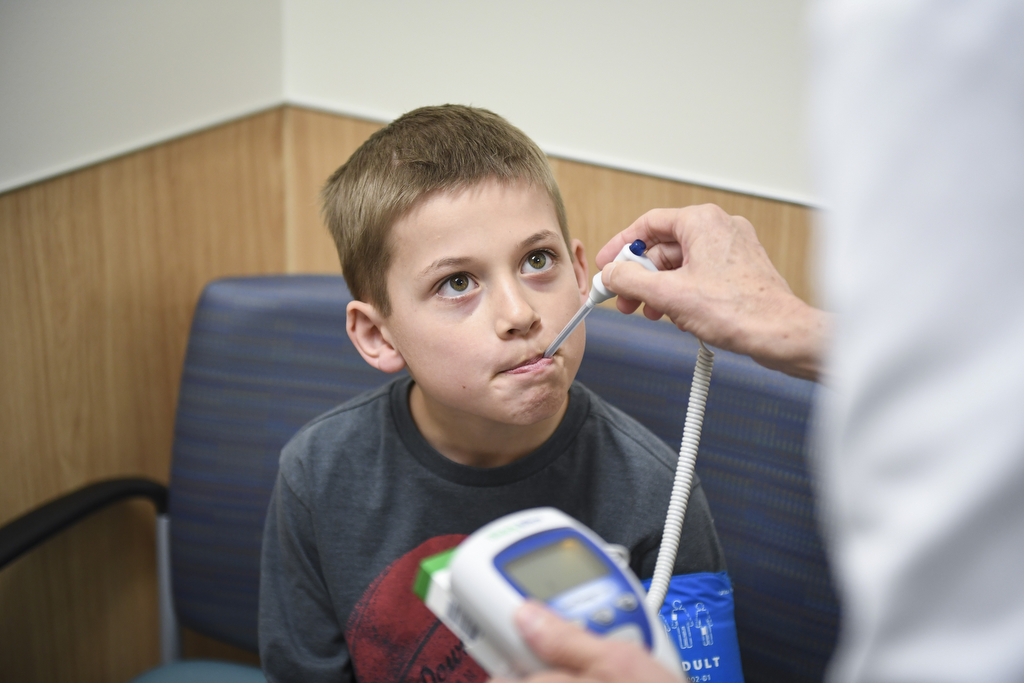
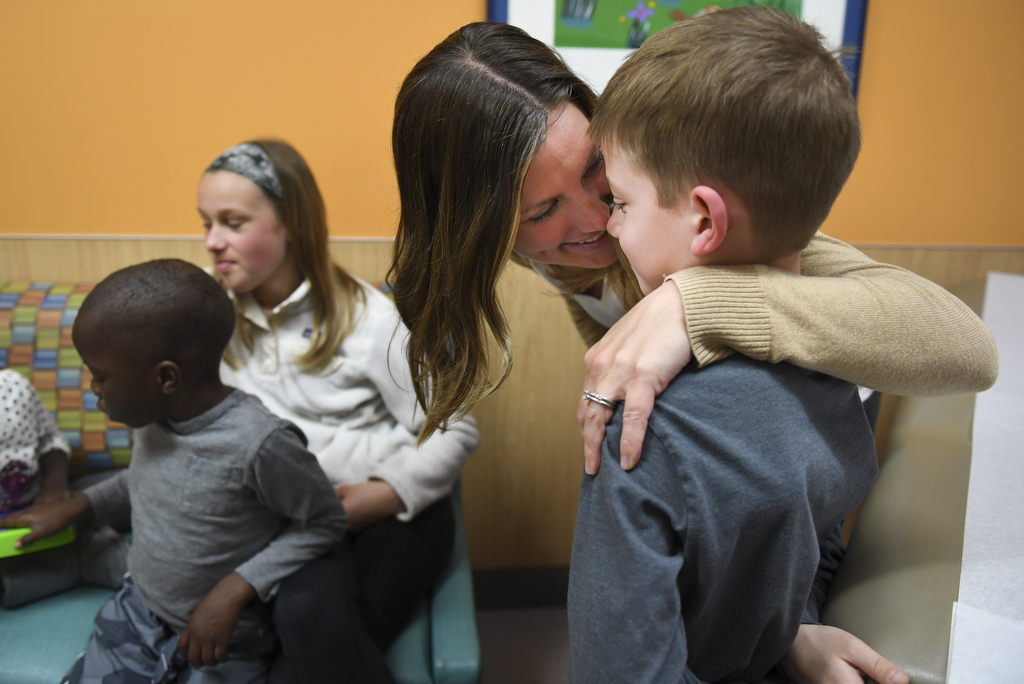
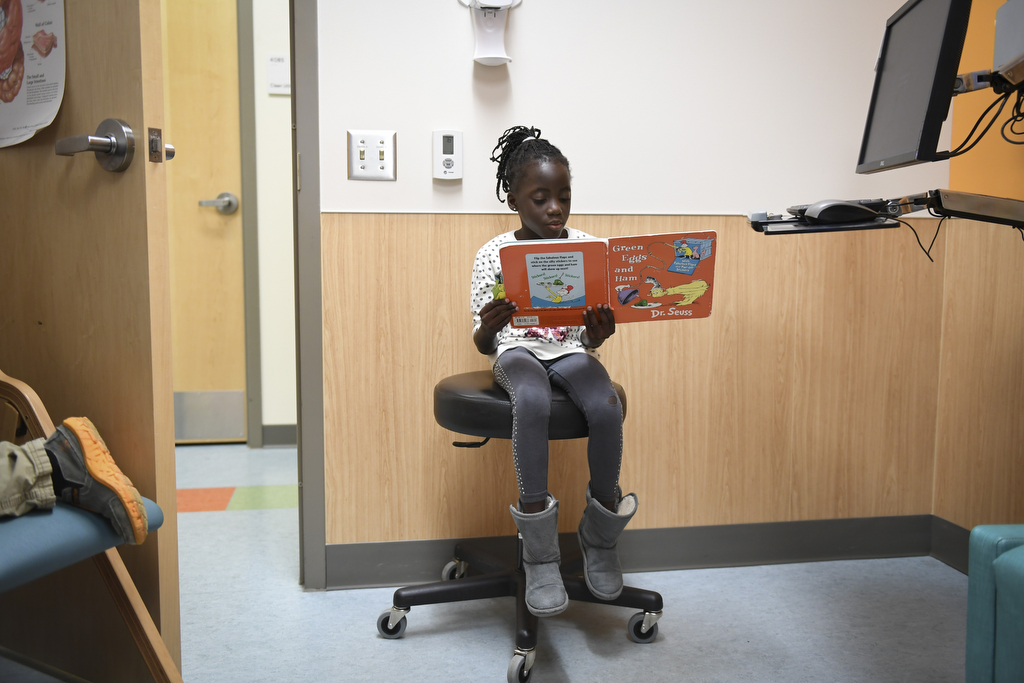
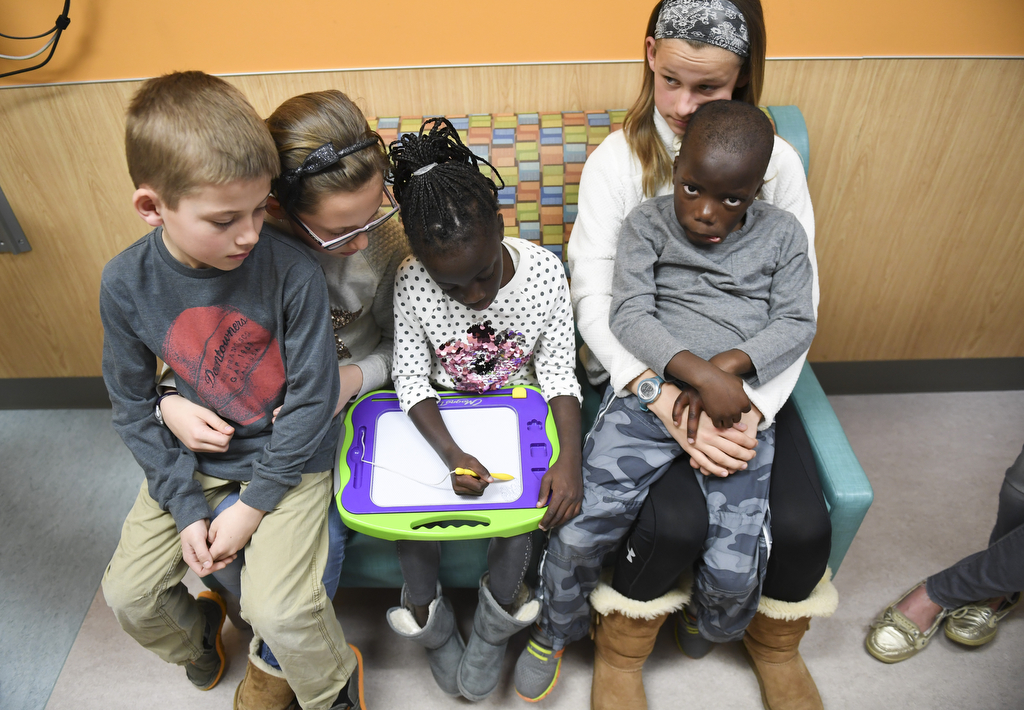
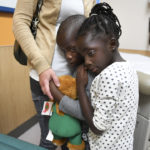
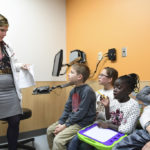
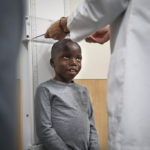
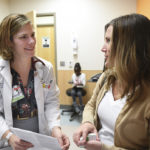
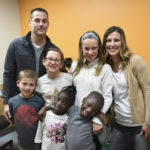
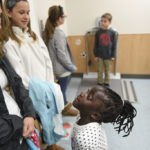
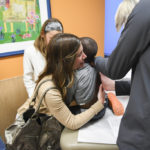






 /a>
/a>
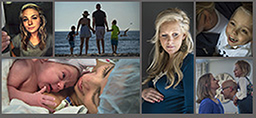 /a>
/a>
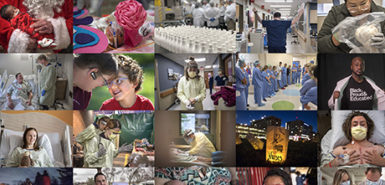 /a>
/a>